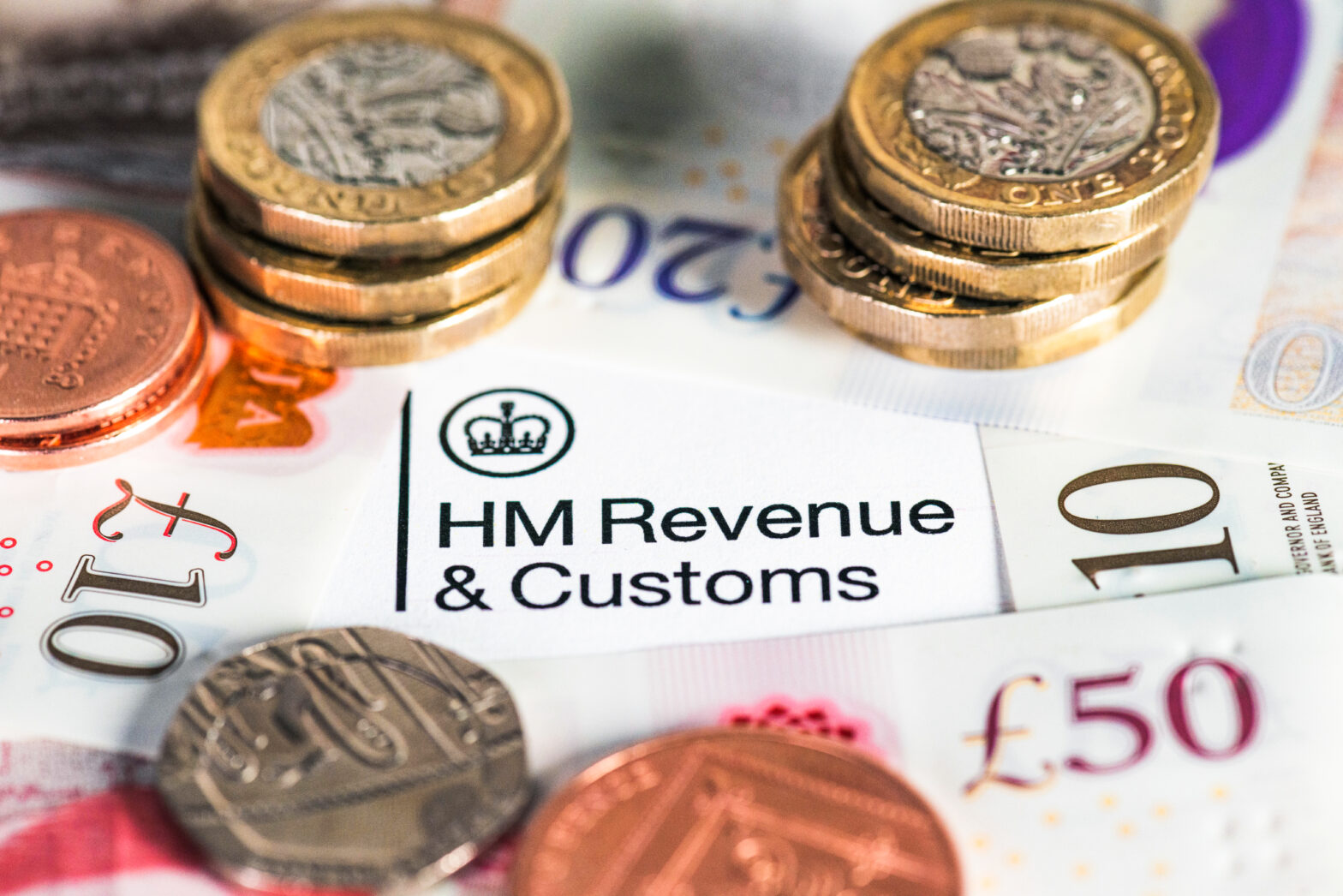Corporate history is strewn with the carcasses of large, powerful and successful businesses that are either no more or are pale shadows of their former selves because they suffered from a serious loss in their reputation.
Examples of the former include the Big 5 accountancy firm, Anderson, which lost credibility following the collapse of Enron, the FTSE100 listed Jarvis, which suffered a serious loss of reputation following the Potters Bar rail crash, and Pan Am which had a similar loss of confidence following the Lockerbie disaster. News of the World meanwhile, is a classic example in the latter category after it was forced to close following News International’s admission that the publication had been hacking private phone calls of well-known individuals.
So why do such successful and large businesses, quite suddenly, collapse in this way? Although not a hard and fast rule, many of these businesses suffered because they started to behave in a way that was at odds with the public’s perception of their corporate ‘persona’ or brand.
In essence, a business can grow and become successful not only because it offers a product that the public want or through competitive pricing (although both of those help) but also because, through its actions over a period of time, the public has come to trust that business in its dealings. When that trust is broken, the fall can be swift.
Guilty by association
In the case of Pan Am, it wasn’t just that Flight 103 was the subject of a terrorist bomb but more that subsequently Pan Am was found guilty of ‘wilful misconduct’ for lax security, which caused it problems.
Similarly, in the case of Potters Bar, the Office of the Rail Regulator reported that ‘Jarvis’s performance fell far short of that to be expected of a competent Infrastructure Maintenance Contractor’.
What more could or should an entity do to manage its reputation better? Firstly, it needs to have a good understanding of what, in the public’s eyes, that reputation is based upon. Sometimes those things can be so blindingly obvious that they tend to be ignored as being too self evident.
Secondly, having captured that, it is essential to understand what would significantly harm that reputation and then be very clear about an effective response strategy and plan to bring into play should such an event occur.
Typically, the biggest blind spot for companies is that often employees don’t fully understand their part (in terms of both skills and behaviours) in helping the business maintain and develop its reputation.
Management, in turn, underestimates the importance of their employees in this regard. To continue the Pan Am example, one of the Pan Am staff responsible for checking Flight 103’s security hadn’t even heard of Semtex until eleven months after the disaster.
What is clear in all of the examples mentioned above is that a loss of reputation can sound the death knell for any company regardless of size. Whilst it can take many years to build a good corporate culture and establish a strong reputation in the market, it can take moments to undo all of the good work.
Banana skins do come along from time to time in any sector but it is a company’s ability to limit them as far as possible through good corporate practices ingrained in the business, or deal with these issues when they happen, that will ensure a company’s continuing prosperity.
See also: Bouncing back from reputation damage – What you can learn from OJ Simpson






